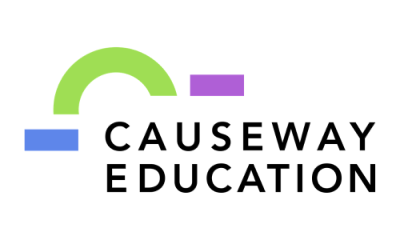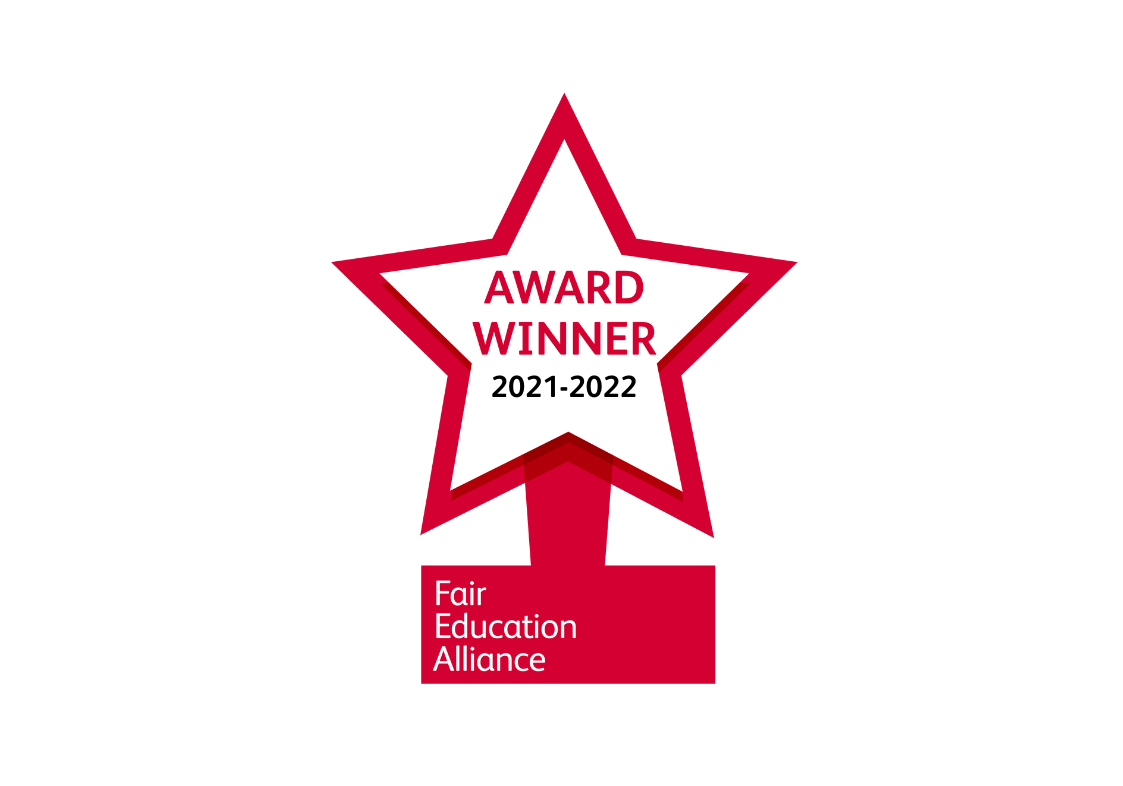Causeway turns 10: The values which have defined our first decade
/Following our 10th anniversary party, Causeway CEO and co-founder Sam Holmes reflects on the values that have guided us through our first decade and the challenges for the next decade that we were posed by young people speaking at the event.
Surrounded by well-wishers from like-minded organisations, we recently celebrated Causeway’s 10-year anniversary. Looking out over London, my mind went back to the basement of Kings College London’s Education Faculty, where I used to meet up with fellow co-founder, Michael Englard, filling whiteboards with the plans and schemes which would eventually become Causeway.
In 2013, we launched our first application mentoring programme. We didn’t know it at the time, or at least we weren’t ready to articulate it, but the 4 core values that became the hallmarks of our approach for the next decade were already underpinning these early interventions:
1. Following the evidence
The idea for our application mentoring programme came about after Michael read a study by Steve Jones at the University of Manchester about the barriers students in state schools face with UCAS personal statements. Michael was heavily involved in admissions at the University of Cambridge at the time and had seen this playing out on the ground. He saw the unfairness of it up close and felt we could do something for these talented students who were missing out.
2. Committing to quality
We spent months developing subject-specific pathways of activities which enabled students to identify and analyse wider reading to produce outstanding applications, helping 100% of our pilot study group to get a Russell Group offer.
3. Providing something practical
Those pathways now form part of OSCAR, our online applications portal which is free to all state schools and used by thousands of students every year.
4. Collaborating closely throughout
We achieved all this in collaboration with Steve Jones, the Sutton Trust, and many universities and college partners.
These 4 values continue to define our work to this day. We’ve broadened out to support with apprenticeships and early careers. We’ve extended to include exploration and choices before application, as well as transition afterwards. However, our most recent project, still in development, echoes those same values that we started with:
1. Following the evidence
We are working with Gill Wyness and Lindsey Macmillan at UCL Institute of Education to apply their research on mismatch, and in particular undermatch. Students undermatch when they progress to destinations which are less competitive than might be expected, based on their academic credentials. This matters because the research shows that undermatched students are more likely to drop out, more likely to get a lower degree mark and more likely to earn less. Students on Free School Meals, girls and other target groups are particularly likely to undermatch.
2. Committing to quality
We are developing a set of really fine-tuned interventions to directly address the different moments at which undermatch occurs: at the points of course choice, application, acceptance and transition.
3. Providing something practical
We’ve worked with Gill and Lindsey on a simple Excel tool which we can use when supporting young people, plugging in their GCSE results and getting an instant reading on their match level with any university course.
4. Collaborating closely throughout
This project has already involved partnership work with researchers from UCL, Cambridge and even MIT over in the US, as well as schools and multi academy trusts across the country.
We reflected on these values at our anniversary party and the progress they have helped us to achieve. However, we also focused on where we could improve, enlisting the help of three particularly special guests: young people familiar with our work and the education landscape. We asked them to share their perspectives and set us some challenges which we could take forward into our next 10 years.
Krysten Chantrelle went first, highlighting the vital work carried out by youth-led and grassroots organisations. She called on us to reach out to these organisations and explore how we can collaborate with them.
Lamin Tarawally spoke next, advocating greater incorporation of ongoing youth engagement and voice into our governance structures. This could be in the form of a youth trustee, or having a young person address our board on specific issues.
Finally, Abdulrahim Hamza Amin gave an impassioned plea for incorporating a focus within our programmes on building young people’s resilience.
These excellent challenges have given us plenty to take away and think about, and we will be exploring how we can respond to each.
We’d like to extend a heartfelt thank you to Krysten, Lamin and Abdulrahim, the other brilliant speakers at the event, and Allen & Overy for throwing us a wonderful birthday party!
We now look forward to the next 10 years of innovative projects supporting young people overcome barriers to access transformative educational opportunities.





